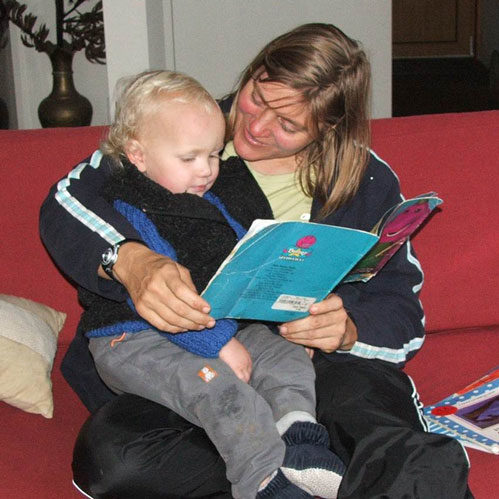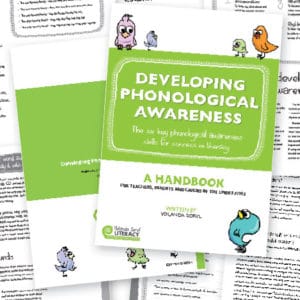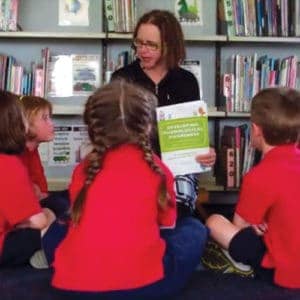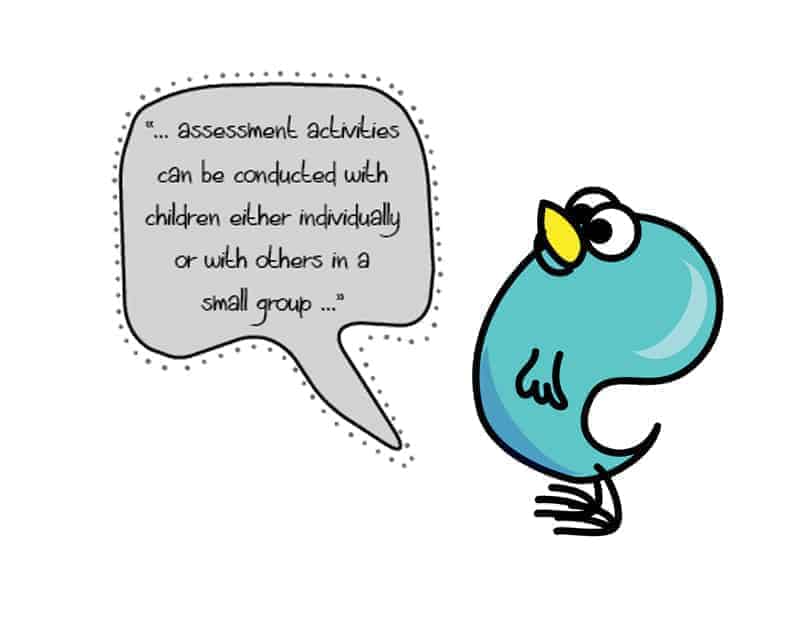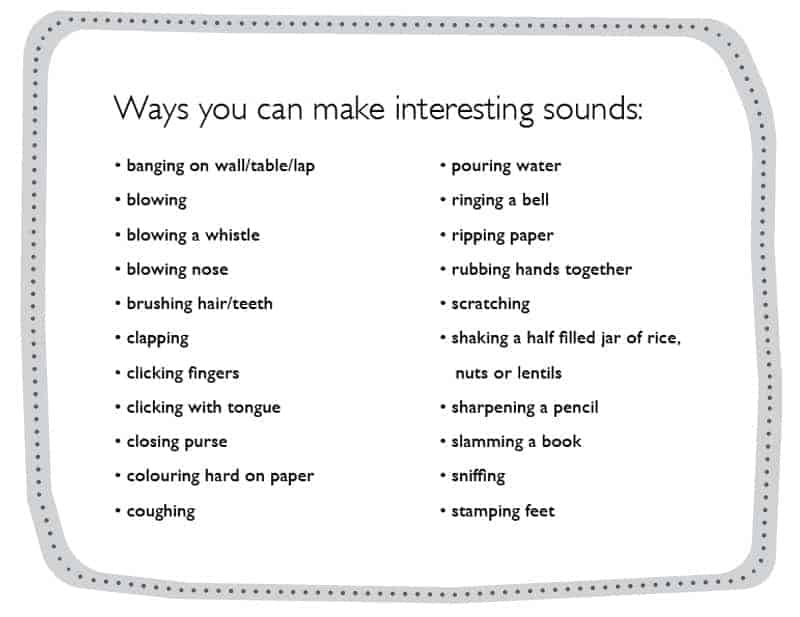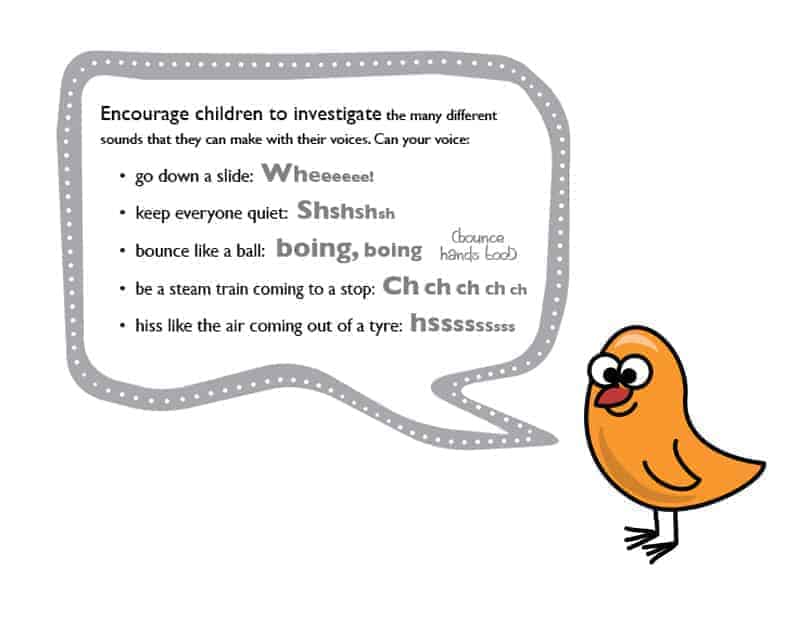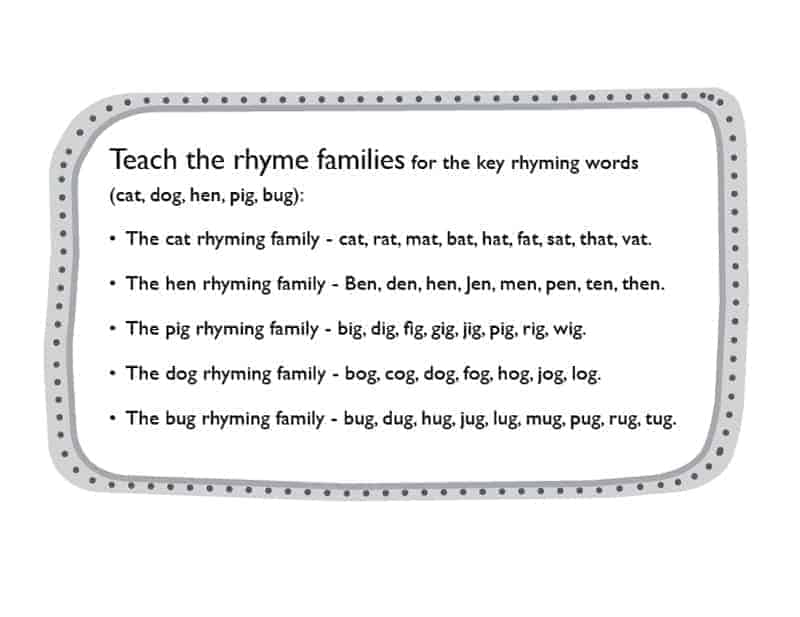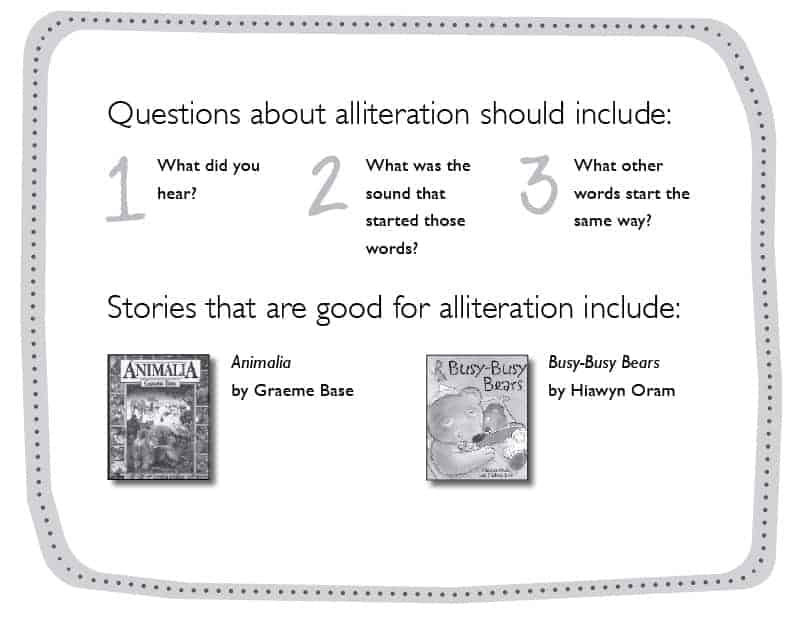Developing Phonological Awareness
The best single predictor of future reading achievement
Children with phonological awareness are aware of the sounds in speech. They have the ability to hear and discriminate the sounds around them. They can hear rhythm, rhyme and alliteration and understand that spoken words have parts.
Teaching book
An essential handbook covering 6 key phonological awareness skills for success in literacy.
Teaching videos
Watch Yolanda teach syllable sound breaks, phoneme fingers, rhyme activities and more…
Training courses
The ideal course for teachers working with children requiring additional literacy support.
Early childhood learning
The early years are the best time for children to develop their phonological awareness which is vital for later success in literacy. Studies have proved again and again that the best indicator of children’s long term reading outcomes is their phonological awareness. This is why it is vital that children are provided with many experiences to help develop their phonological skills from birth onwards so that they start school ‘reading ready’.
It is never too young to start developing phonological awareness. Incorporate activities as part of your daily conversations and doings with children informally or in lessons. Regular consistent exposure to a variety of phonological activities over time will develop these key early literacy skills in your pupils.

